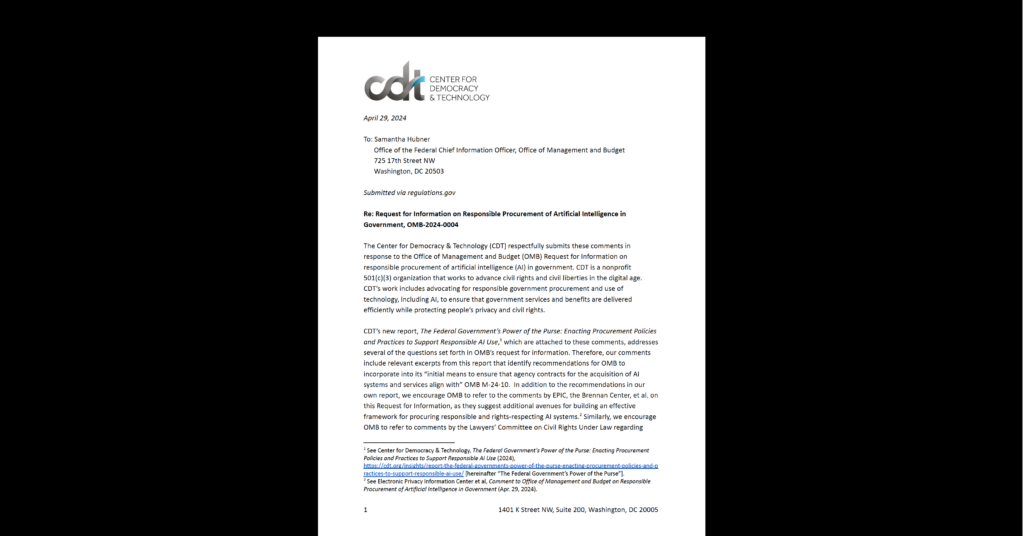European Policy, Open Internet
EU Copyright Reform: Parliamentary Vote Seriously Undermines Core Online Freedoms
On 12 September, the European Parliament unfortunately missed the opportunity to redraft the ill-advised copyright provisions adopted in the Legal Affairs (JURI) committee last June. It is disheartening to see parliamentarians blatantly ignore the advice received from leading European academics; the UN special rapporteur on the promotion and protection of the right to freedom of opinion and expression; European research organisations; European and international human rights and digital rights groups; and dozens of internet pioneers and innovators from around the world.
The outcome of the plenary vote largely mirrors the European Commission’s proposal. We cannot help but stress the potential disastrous consequences of certain provisions for the ability of European citizens to communicate freely and share and access information online:
Article 13: The proposal forces internet companies into using content identification technology to prevent users from uploading unlicensed copyrighted content. This creates an obligation to filter each and every piece of content uploaded by users. The provision is thus in violation of fundamental rights and freedoms, as well as EU law. It is also bound to create new legal uncertainty as well as risks and costs for a broad range of intermediaries. Ultimately, the tech giants will be the ones with the resources to comply with such requirements, entrenching their position in the market.
Article 11: The proposal for an ancillary right for publishers, enabling them to charge licensing fees for links to their content, will risk impacting much more than just news snippets. The Parliament missed the opportunity to enable press publishers to act against infringing uses of their publications by providing them with a presumption of representation in court. This would target an enforcement problem with an enforcement solution.
Article 3: The text and data mining (TDM) exception remains very limited in scope, and if not expanded to other entities and purposes, the exception could potentially restrict the advancement of EU competitiveness and research. A limited TDM exception conflicts with the Commission’s call for a robust AI strategy.
While Articles 13 and 11 should ideally be rejected outright, we consider that the amendments tabled by the cross-party coalition of parliamentarians ahead of the vote addressed the most serious concerns for free expression and access to information. We commend this coalition and other parliamentarians on their efforts to reach balanced and fair solutions.
Despite the setback this vote represents, the fight is not over. Now the European Commission, Parliament and Member States will begin trilogue negotiations. The final vote in Parliament is expected in January 2019. We will continue to follow the institutional discussions closely and advocate for a progressive, innovation-friendly, and flexible copyright regime in the EU that safeguards internet users’ rights and freedoms.


